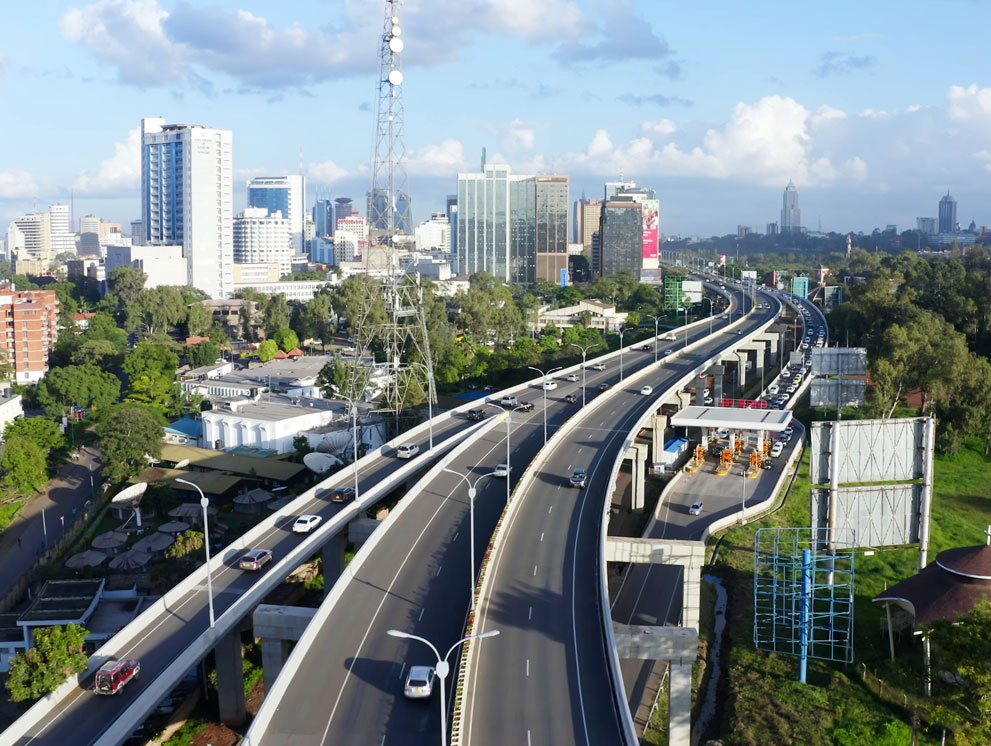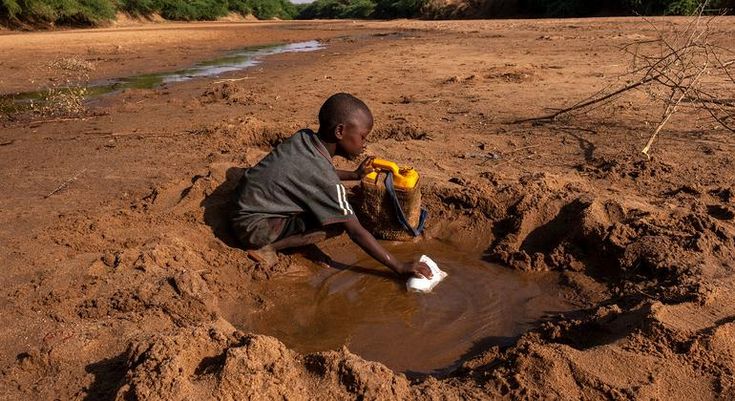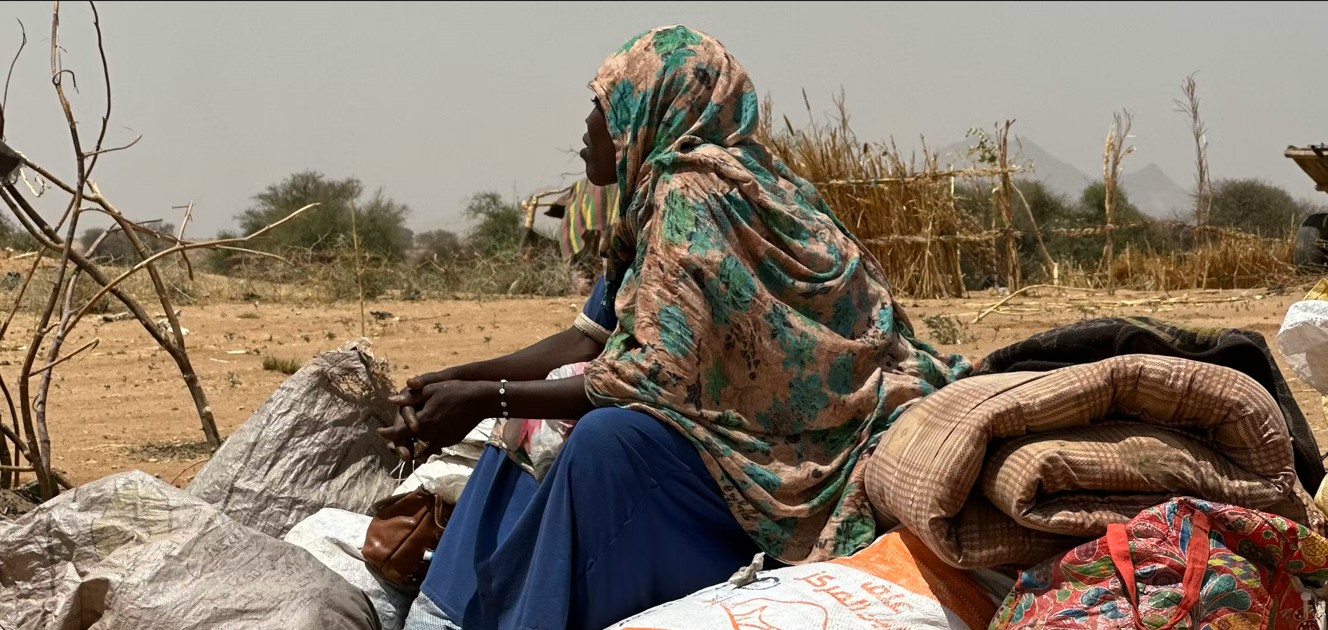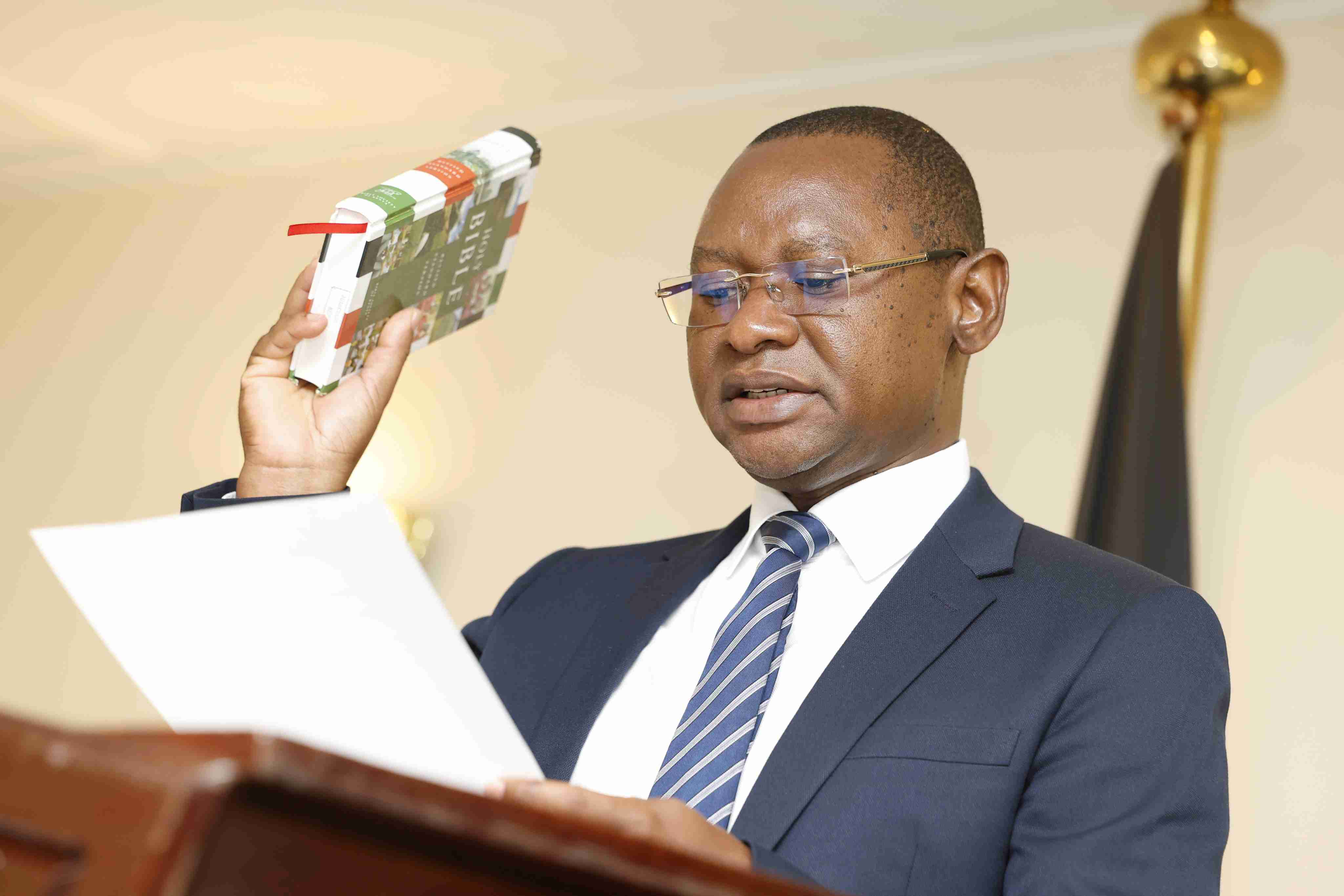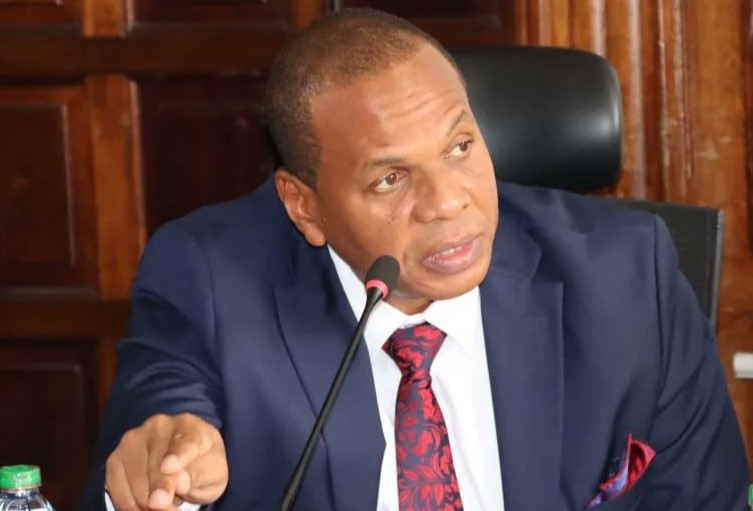Why do African elites seek medical treatment abroad?
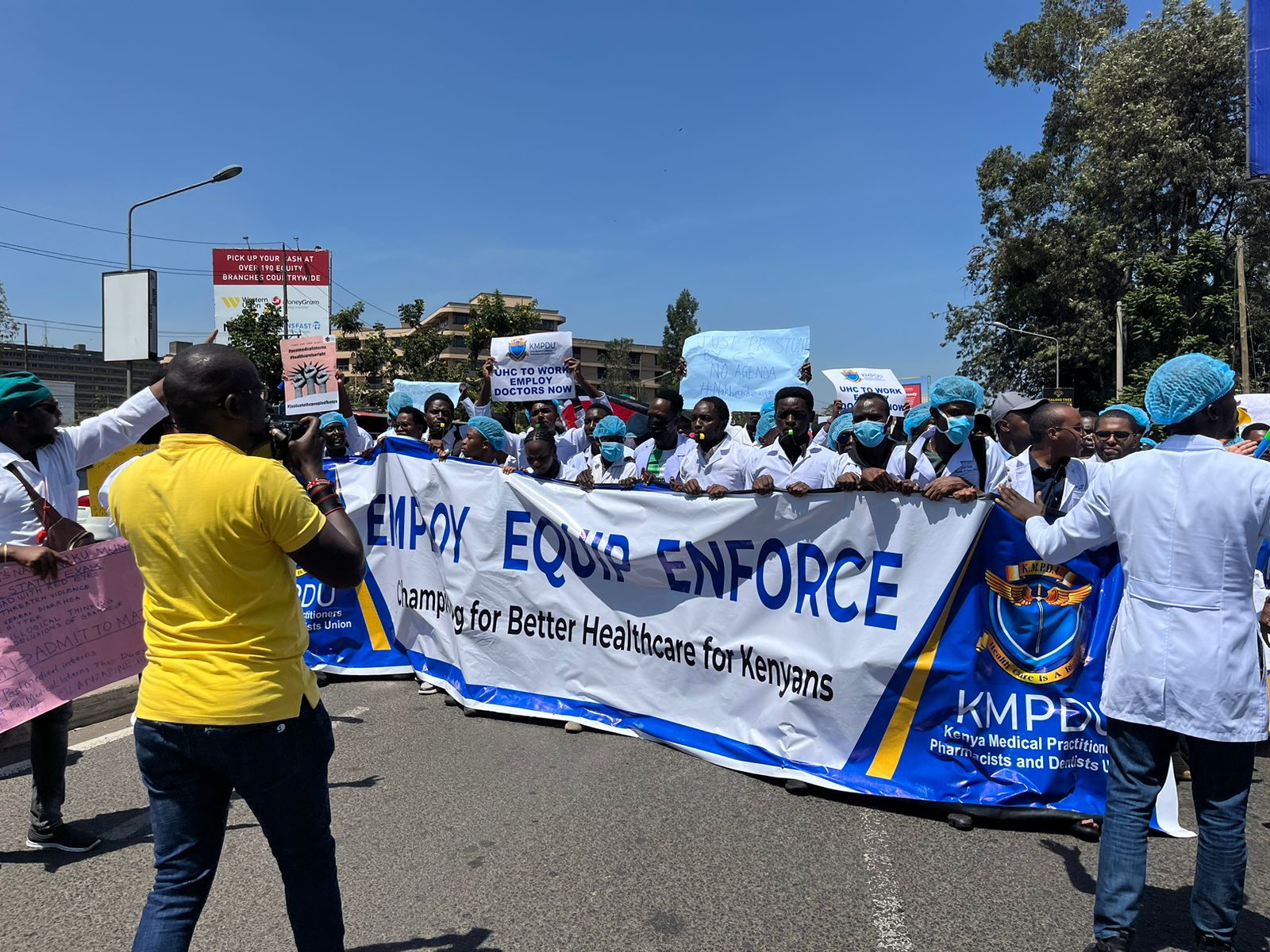
The deaths of former presidents Muhammadu Buhari and Edgar Lungu in foreign medical facilities have again sparked debate on whether African leaders trust their countries' health care systems.
Choosing where to seek medical help is a deeply private decision. But the numerous occasions African leaders have sought treatment abroad have thrown the spotlight on local health care investment. To a large extent, leaders are responsible for the development of proper health care for the citizens of their countries.
The deaths of former leaders Muhammadu Buhari of Nigeria and Edgar Lungu of Zambia in foreign medical facilities have not calmed accusations that African leaders neglect public health systems in their own countries.
More To Read
- Ethiopia leads African Union’s drive for continental railway connectivity
- Africa launches first-ever climate commitment implementation index to track progress
- Trump administration supports one-year extension of AGOA trade programme
- AGOA renewal: Is it time to rethink US-Africa trade?
- President Ruto denies Kenya’s involvement in US migrant deportation deals
- Uganda, Sudan, Somalia among countries hit by UAE tourist and work visa ban
"The state of health care in Nigeria is deeply concerning. The biggest problem is infrastructure. There are no drugs and functional medical equipment," Jamila Atiku, a researcher on public health in Nigeria, told DW.
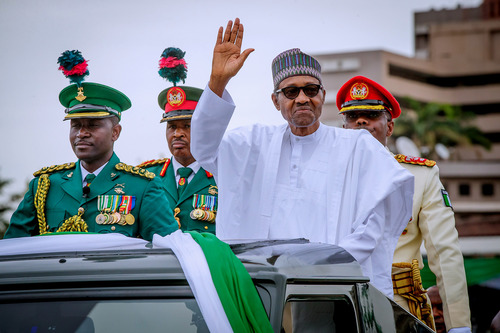 The late Muhammadu Buhari waves to the crowd during his swearing-in ceremony in Abuja, Nigeria, May 29, 2019. (Xinhua/Olatunji Obasa)
The late Muhammadu Buhari waves to the crowd during his swearing-in ceremony in Abuja, Nigeria, May 29, 2019. (Xinhua/Olatunji Obasa)
Low investment in public health
Reasons for medical tourism include a lack of specialised treatment available locally, poorly equipped hospitals and security fears for politicians.
Another factor, according to Zimbabwean health rights advocate Chamunorwa Mashoko, is an over-reliance on foreign aid.
"Among African countries, over 32 out of 54 countries are not allocating significant budgets to health. This is motivated by overdependency on donor aid," he told DW.
"Africa is failing to realise that foreign funding in health is just for diplomacy. Those assisting us with all that aid really have nothing to do with our health challenges," Mashoko added.
African countries receive more than $60 billion (€52 billion) in health funding, representing just a fraction of the total health financing needed for the continent.
Under the 2001 Abuja Declaration, African Union (AU) member states committed to end the continent's health financing crisis by pledging to allocate 15 per cent of their annual national budgets to health care.
But over two decades later, only three countries, Rwanda, Botswana, and Cape Verde, have consistently met or exceeded the target.The World Health Organisation (WHO) reports that over 30 AU member states allocate less than 10 per cent of their budget to health care, with some allocating as little as 5-7 per cent.
"Nigeria has been fluctuating between 4-6 per cent of the annual budget," said Atiku, adding that politicians are only concerned about other infrastructure development projects like roads.
"Doctors and health care professionals are always going on strike because they are underpaid."
Inadequate public financing of health has resulted in poorly run, underperforming health systems across many African countries.
"Over-reliance on external funding is highly unsustainable and inconsistent with achieving Universal Health Coverage," said Itai Rusike, of the Zimbabwe-based Community Working Group on Health.
"The Abuja target of 15 per cent allocation to health has remained an elusive target. It is now outdated given the population increase, huge disease burden and the levels of neglect of infrastructure and health worker retention," Rusike added.
Which medical services are sought abroad
A chronic lack of specialised treatment and facilities is driving many African patients to seek medical treatment abroad. The sectors affected include oncology, cardiology, neurology, orthopaedics, organ transplants, fertility, and paediatrics for the management of rare genetic disorders.

Over 300,000 Africans travel to India annually for medical services, spending more than $2 billion each year.
India is said to be generating more than $6 billion each year from medical tourism.
Projections show the Asian country could get $13 billion in medical tourism by 2026 under the "Heal in India" initiative.
According to the African Journal of Hospitality, Tourism and Leisure, Nigerians are estimated to spend $1 billion annually on medical tourism. 60 per cent of that amount is spent on oncology, orthopaedics, nephrology, and cardiology. Additionally, the figure represents almost 20 per cent of the annual public health expenditure that covers the salaries of health workers.
An estimated 5,000 Nigerians fly out of the country monthly for medical treatment, many travelling to India.
What needs to be done
Some African health authorities argue they are doing their best to improve healthcare for their countries.
"There is room for improvement to fund the health sector. We are targeting to ensure by 2027 that at least 17,000 primary health care facilities are functional in Nigeria," Nigeria's Minister of State for Health and Social Welfare, Iziaq Adekunle Salako, told DW.
"There is not a health system in the world that is 100 per cent. We believe we are headed in the right direction in implementing solutions."
Health experts say African governments need to build modern health facilities to offer services currently being outsourced abroad.
"Looking up to politicians will not work. Communities need to come together and pull resources to create health care systems that work for them," health rights advocate Chamunorwa Mashoko told DW.
In 2016, the continental lender Afreximbank launched a support facility to build specialised health facilities across Africa to reduce outbound medical tourism.
The initial target would focus on establishing a center of excellence for cancer patients. Tanzania, Nigeria, Kenya and Ghana were identified as suitable to host the facilities.
Top Stories Today





